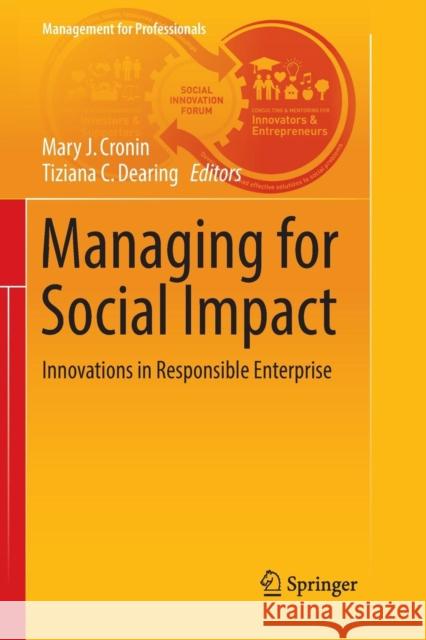Managing for Social Impact: Innovations in Responsible Enterprise » książka
topmenu
Managing for Social Impact: Innovations in Responsible Enterprise
ISBN-13: 9783319834221 / Angielski / Miękka / 2018 / 278 str.
Kategorie:
Kategorie BISAC:
Wydawca:
Springer
Seria wydawnicza:
Język:
Angielski
ISBN-13:
9783319834221
Rok wydania:
2018
Wydanie:
Softcover Repri
Ilość stron:
278
Waga:
0.41 kg
Wymiary:
23.39 x 15.6 x 1.57
Oprawa:
Miękka
Wolumenów:
01
Dodatkowe informacje:
Wydanie ilustrowane











